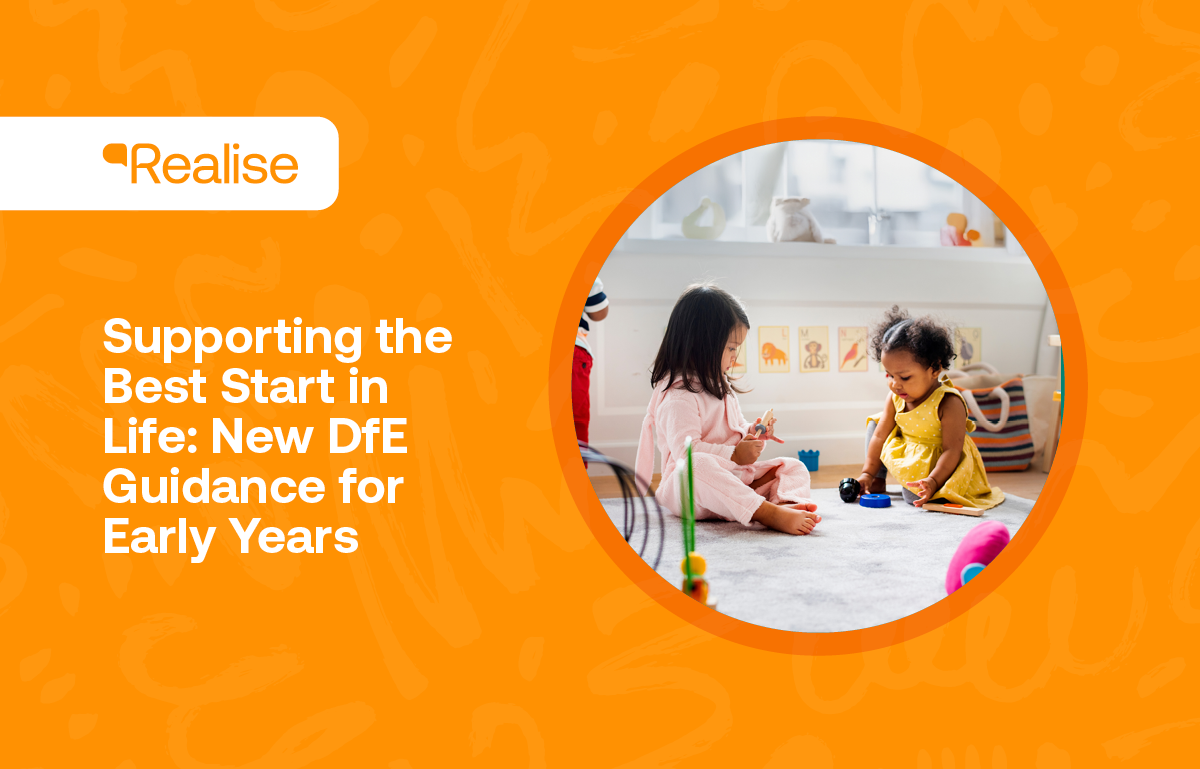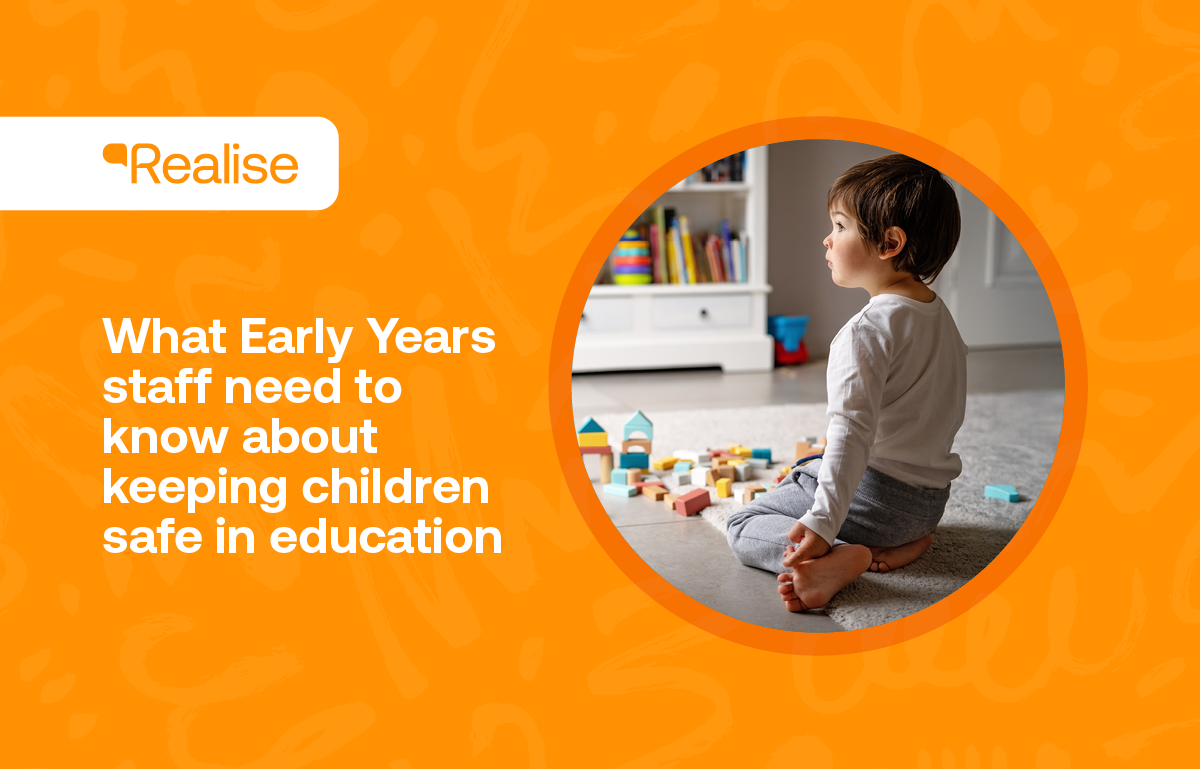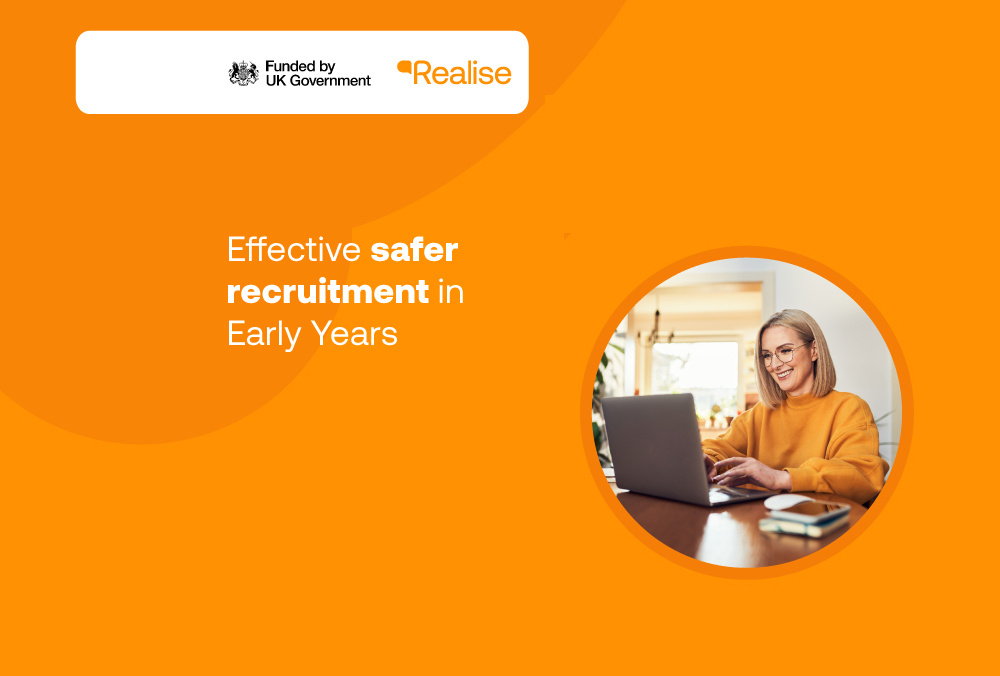

Best Start in Life - New DfE guidance to support the Early Years
Best Start in Life - New DfE guidance to support the Early Years
-
 Cathryn Edney
Cathryn Edney -
 31 July, 2025
31 July, 2025

Supporting the Best Start in Life: New DfE Guidance for Early Years
The Department for Education (DfE) has released a new set of documents called “Best Start in Life”. These aim to support babies and young children to thrive, especially during their first five years. As a nursery professional, this guidance is designed to help you give children the strongest possible foundation.
The documents include advice, research, and good practice examples to support early development. They highlight the importance of loving relationships, language-rich environments, and identifying needs early.
Why is this important? Research shows that the early years are crucial for brain development, emotional wellbeing, and later learning. The DfE wants to make sure that every child, regardless of background, gets the best start.
Key areas include:
- Relationships: Children need secure attachments. The guidance supports the role of the key person and the importance of building trust.
- Language and Communication: Talking and listening are key. Settings are encouraged to provide rich, responsive interactions.
- Early Identification: Practitioners are reminded to spot concerns early and work with families to get help in place.
- Working with Families: Strong partnerships with parents and carers are essential.
You’ll find ideas for improving everyday routines, such as supporting transitions or helping children manage their feelings. It’s not about doing more — it’s about doing what works best for each child.
These documents can help you reflect on your setting’s approach and share useful ideas with colleagues and families. You can access them on the Department for Education’s website.
In short, Best Start in Life is a helpful tool for early years professionals who want to support children in a warm, responsive, and informed way. By using the guidance, you’re helping to shape a strong, confident future for every child in your care.
Things to Consider:
- Are staff building strong, secure bonds with children to support emotional wellbeing?
- Do daily interactions promote rich, responsive conversations to support speech and language?
- Are staff confident in spotting concerns early and working with families to get support in place?
- Do you communicate regularly with parents to share progress and involve them in their child’s development?
Looking for a career working in schools?
If you’ve been inspired by the story and you’re ready to gain new skills, start your journey today with Realise.
Discover our courses









.png)

